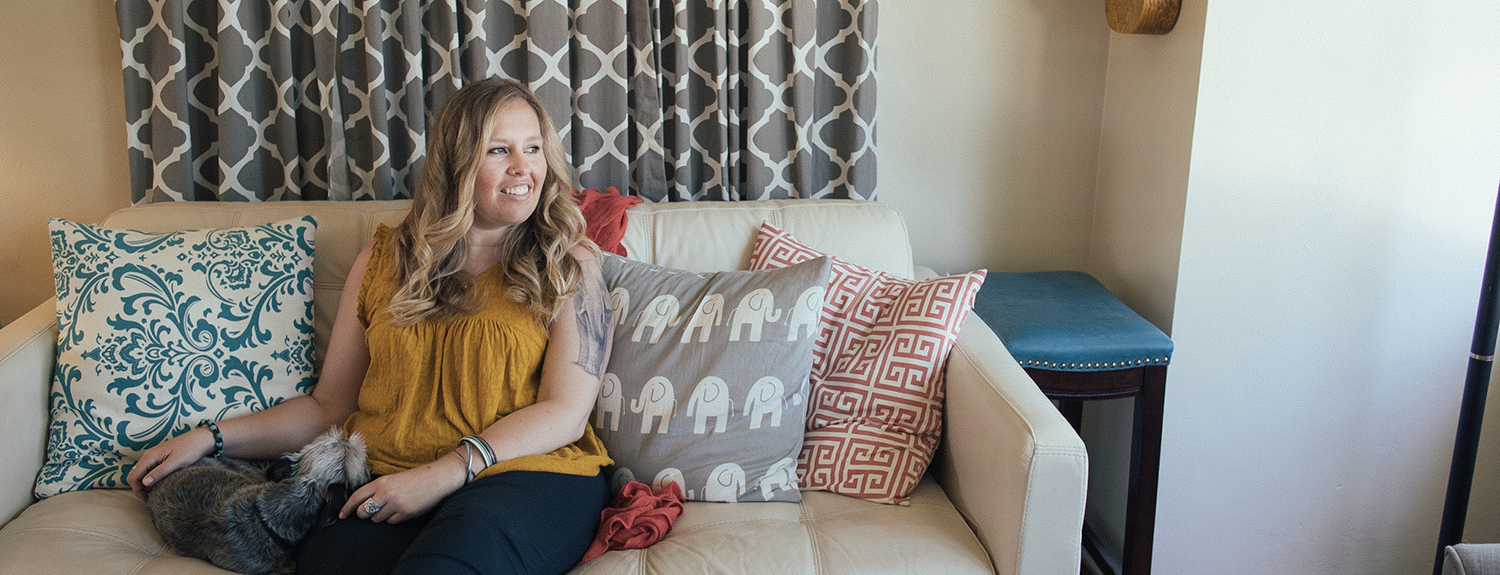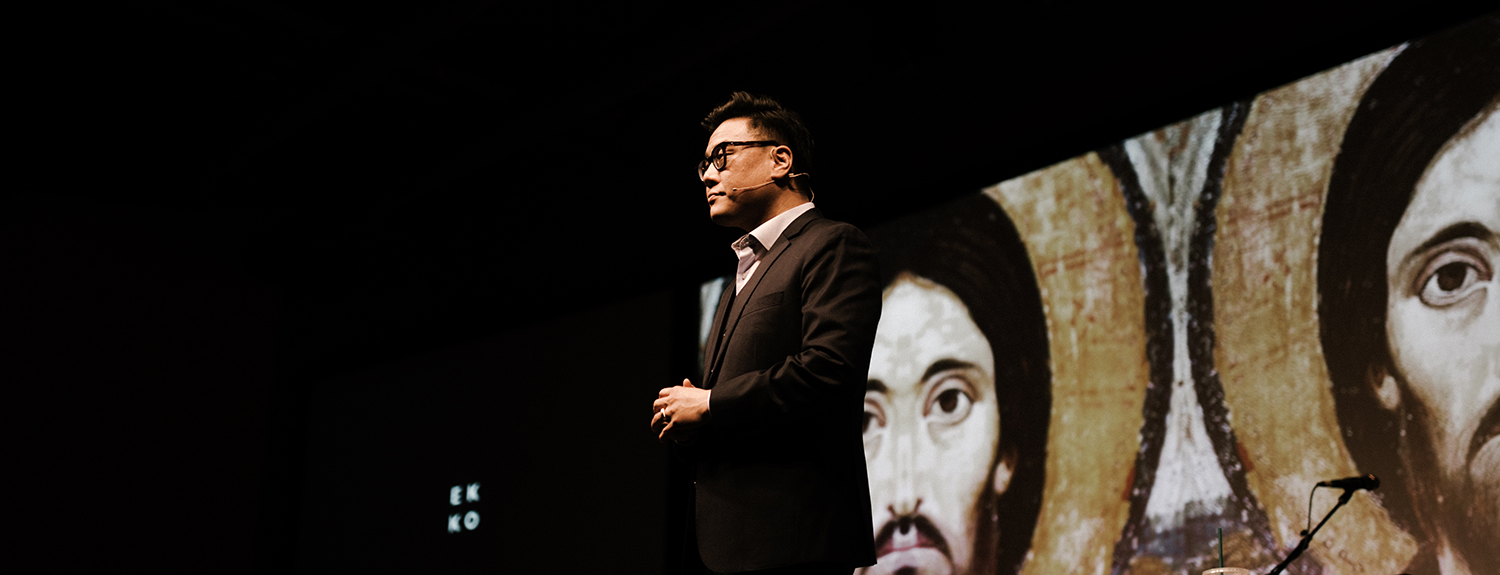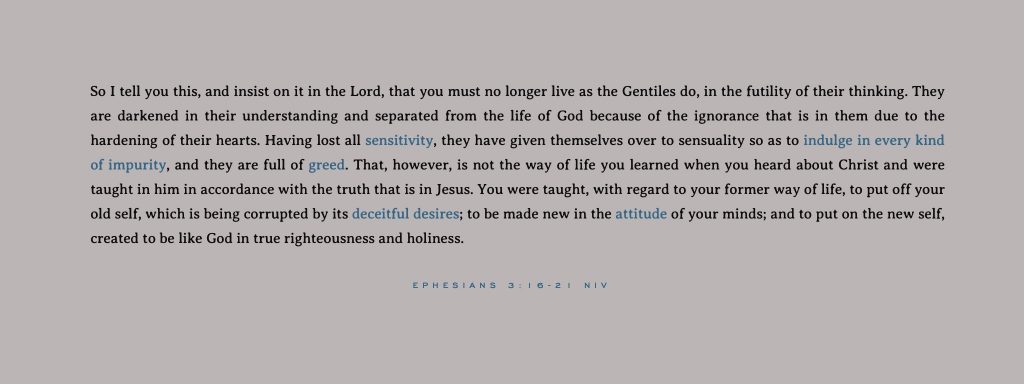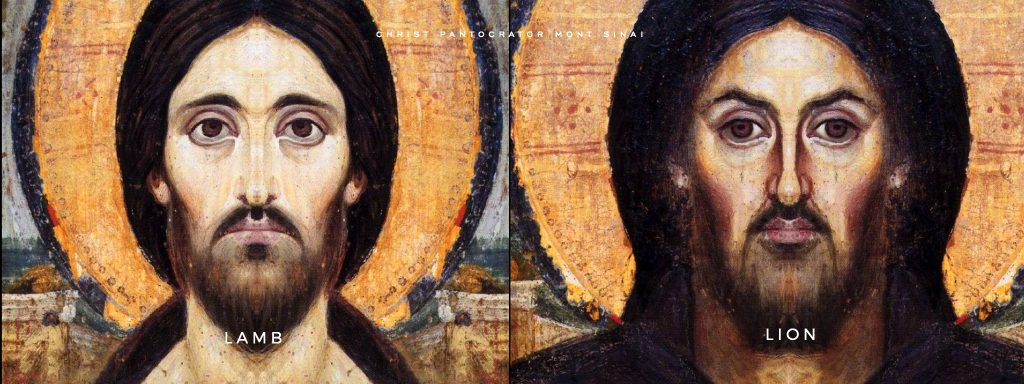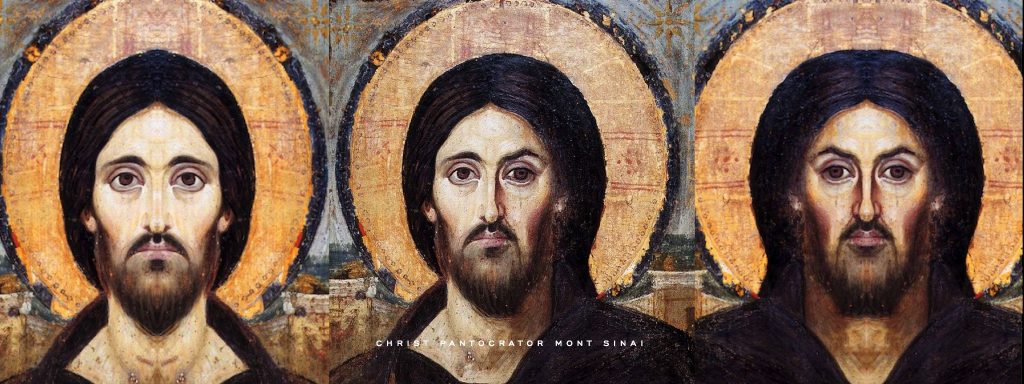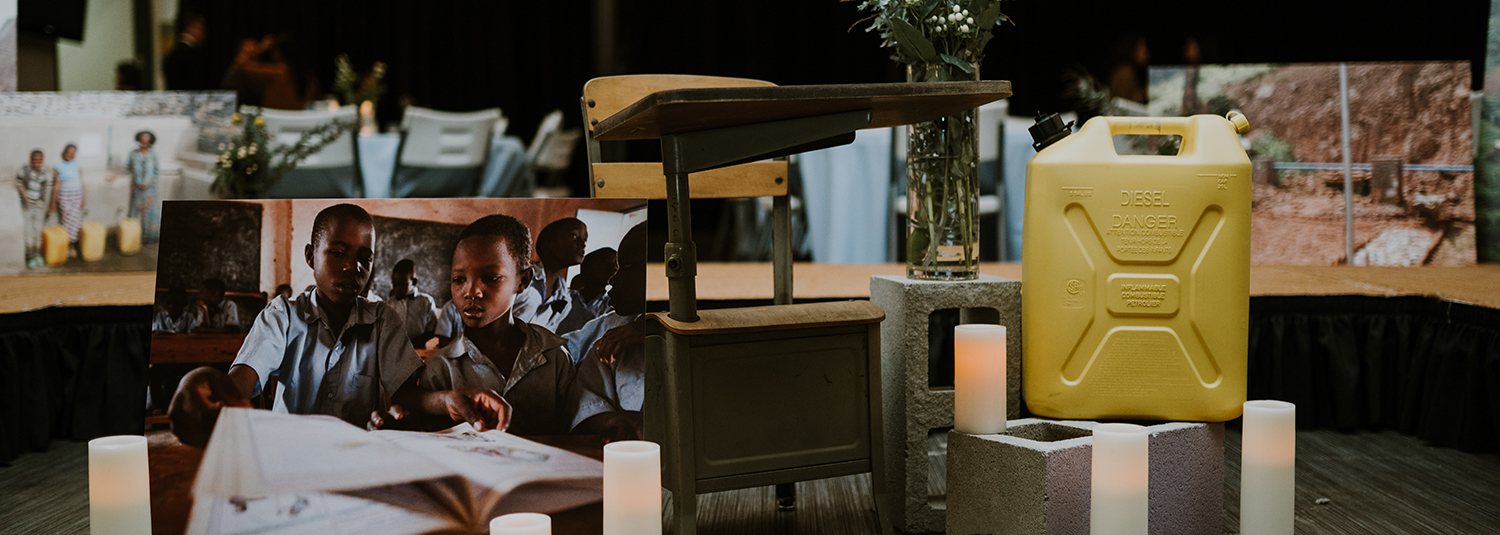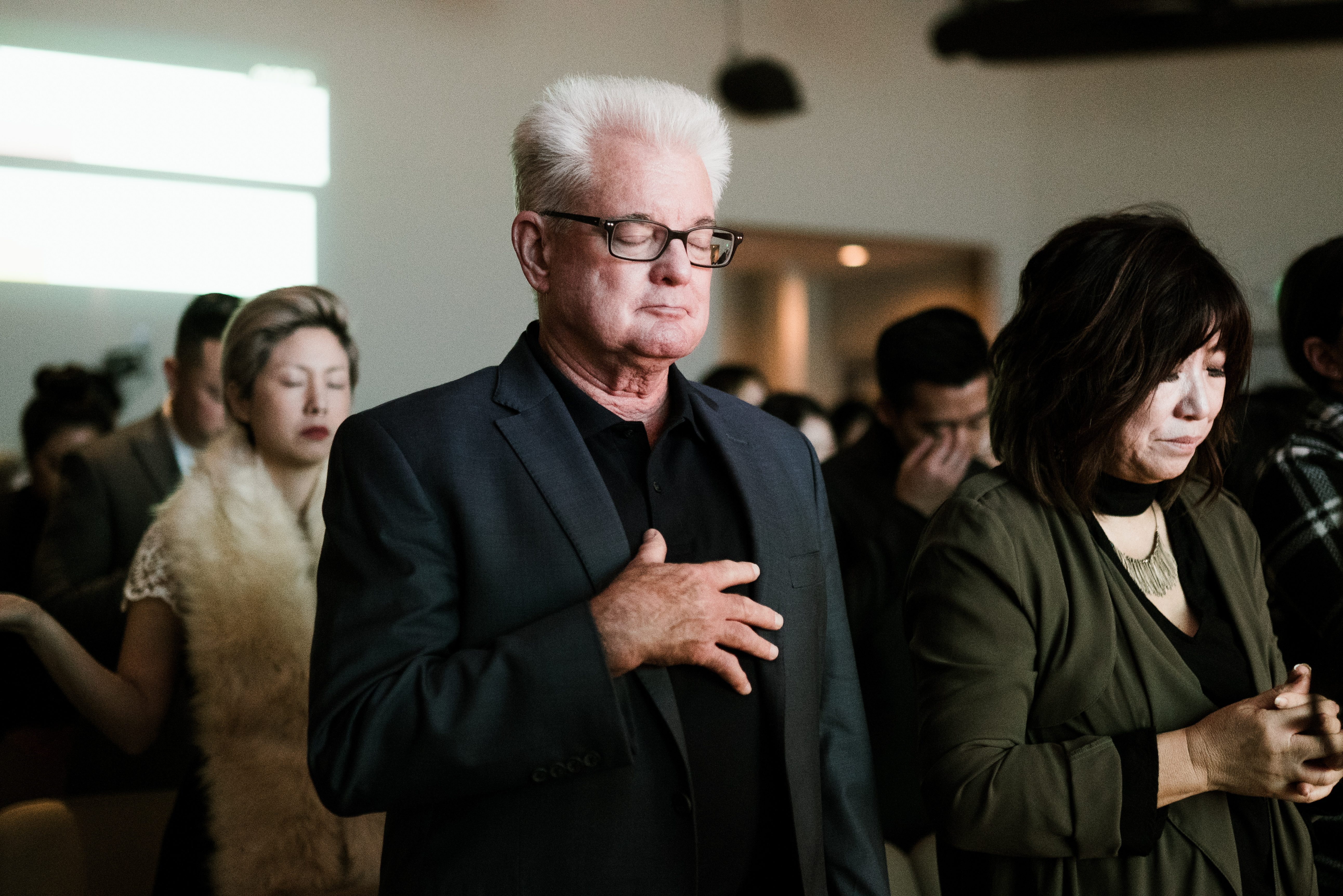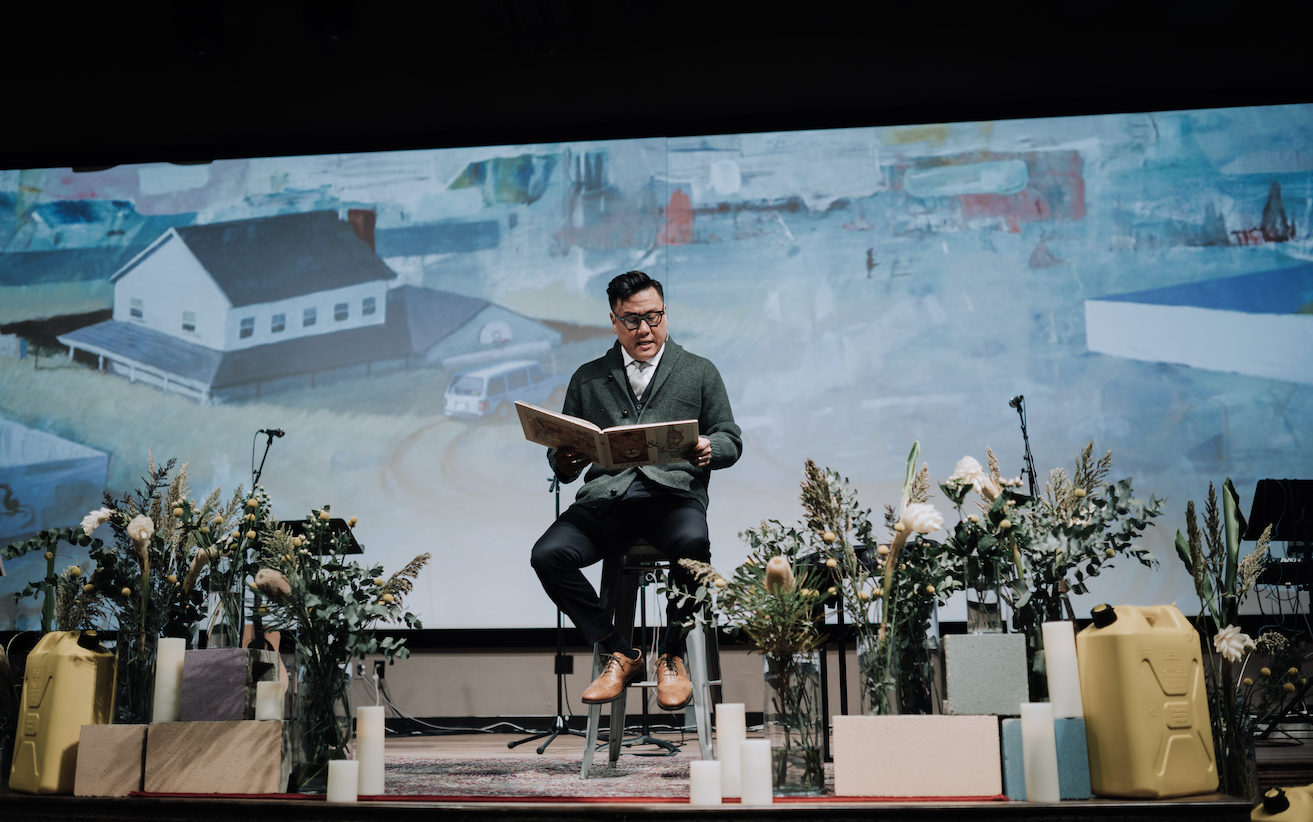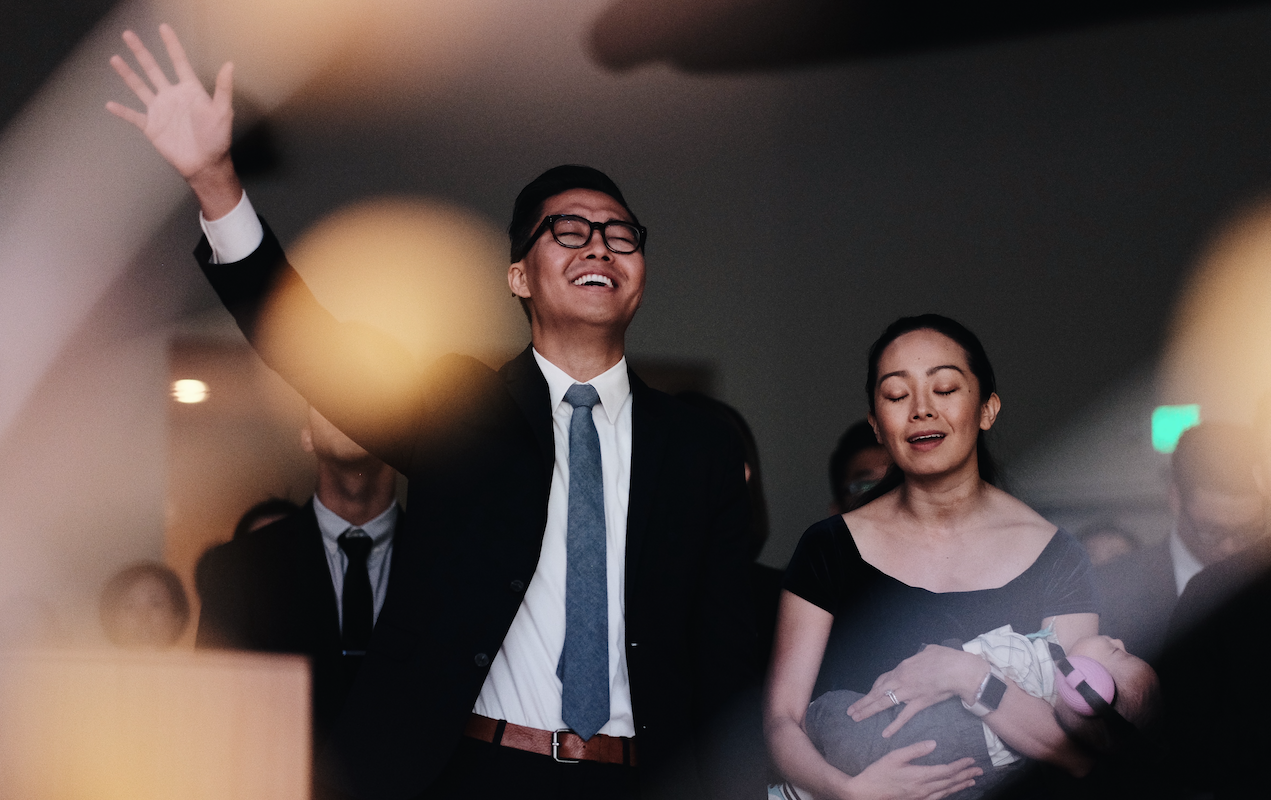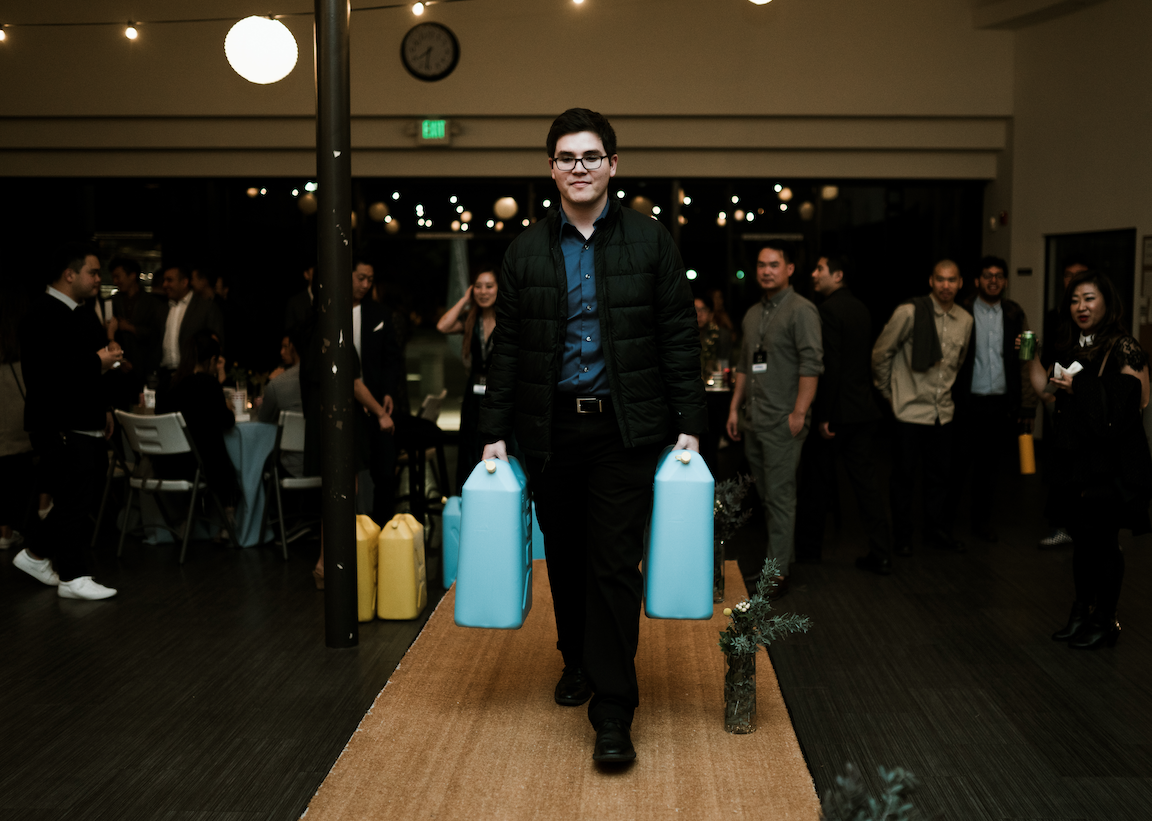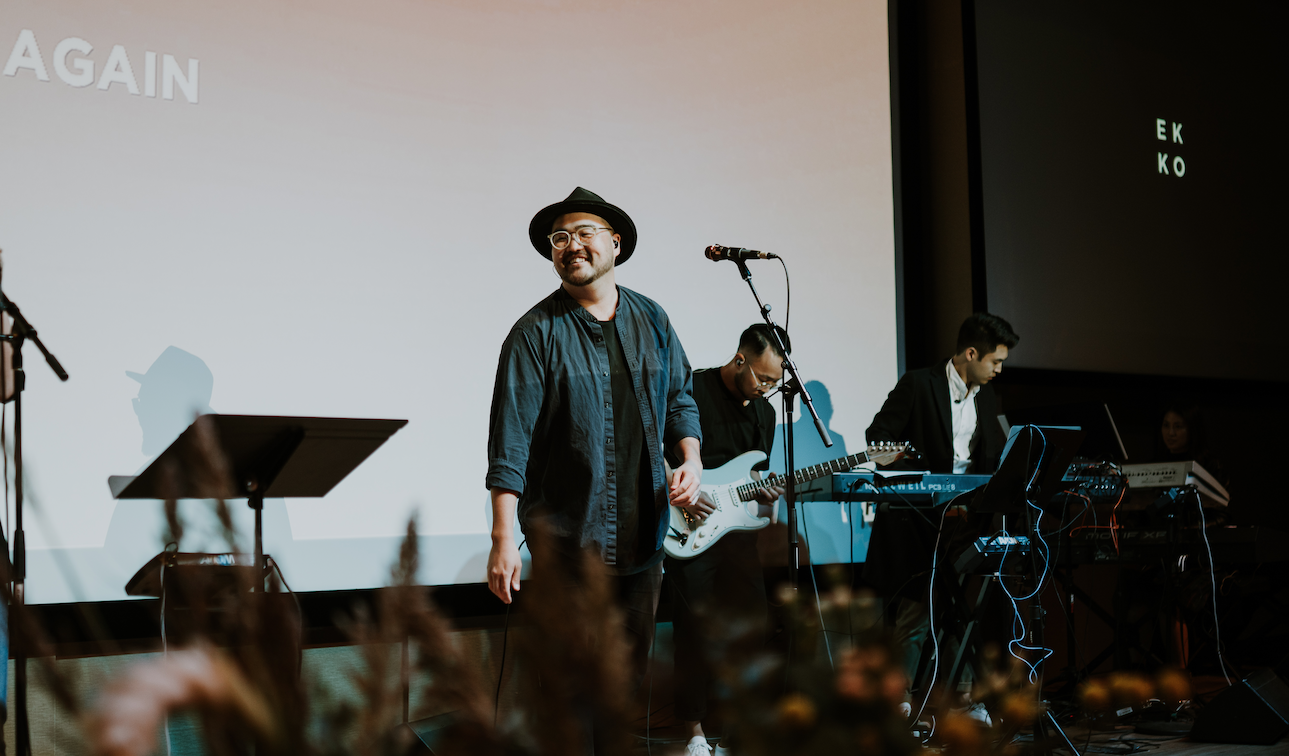She gets the call just as she is preparing to leave to see her family in Big Bear. Two girls aged four and five years old are in desperate need of somewhere safe and warm to stay that night. The family, in the throes of getting evicted, has nowhere else to turn.
Within two hours, Jamie meets the mother at a Del Taco parking lot. Aside from the dual car seats, recently gifted winter coats, and one juice box, the daughters just have the clothes on their backs. There are no toys, no backpacks, no underwear or toothbrushes.
Their mother is quiet as she helps set up the car seats in the back of Jamie’s car. Once she finishes, she helps the girls in, says thank you, kisses the girls goodbye and drives away. The whole exchange lasts less than 10 minutes.
Jamie climbs into the driver’s seat and clicks her seatbelt on. She looks into the rearview mirror at the girls silently sitting in their seats. They don’t say a word as they kick their tiny feet up and down on the elevated car seats. For the next several days, she is temporarily their legal guardian. Taking a deep breath, she begins to drive.
Jamie has wanted to partner with Safe Families since the third or fourth time she visited EKKO on Orphan Sunday. “That Sunday was so impressionable to me as a visitor and spoke so much about what the church cared for,” Jamie says. That day, she began to catch the heart of orphan care and the mission of the Mary and Joseph Initiative. “I wanted to be a part of it as much as I wanted to be a part of EKKO.”
At EKKO, the Mary and Joseph Initiative exists to empower the local church to love the orphans and vulnerable families in our communities.
As she started to get plugged into EKKO, Jamie experienced herself being steeped in community for the first time. She found belonging. In the summer just before she entered Orthopraxis (EKKO’s introduction to discipleship), Jamie’s life was shaken to the core. Her sense of comfort and stability stripped from her in just a matter of days.
“In that humbling time, the community at EKKO was so present. Not everyone knew that I was on food stamps and claiming unemployment, but people would invite me for a meal,” Jamie says. Through their faithful generosity, God provided for her. “I never had to worry,” Jamie continues, her eyes bright. “I felt such a sense of conviction of how true and faithful God is.”
While Jamie weathered one of the hardest seasons of her life, God remained constant. Through Ekko members providing simple and tangible acts of love, Jamie experienced God’s faithfulness in true and profound ways. “It meant so much to me, and I was inspired to do more in response.”
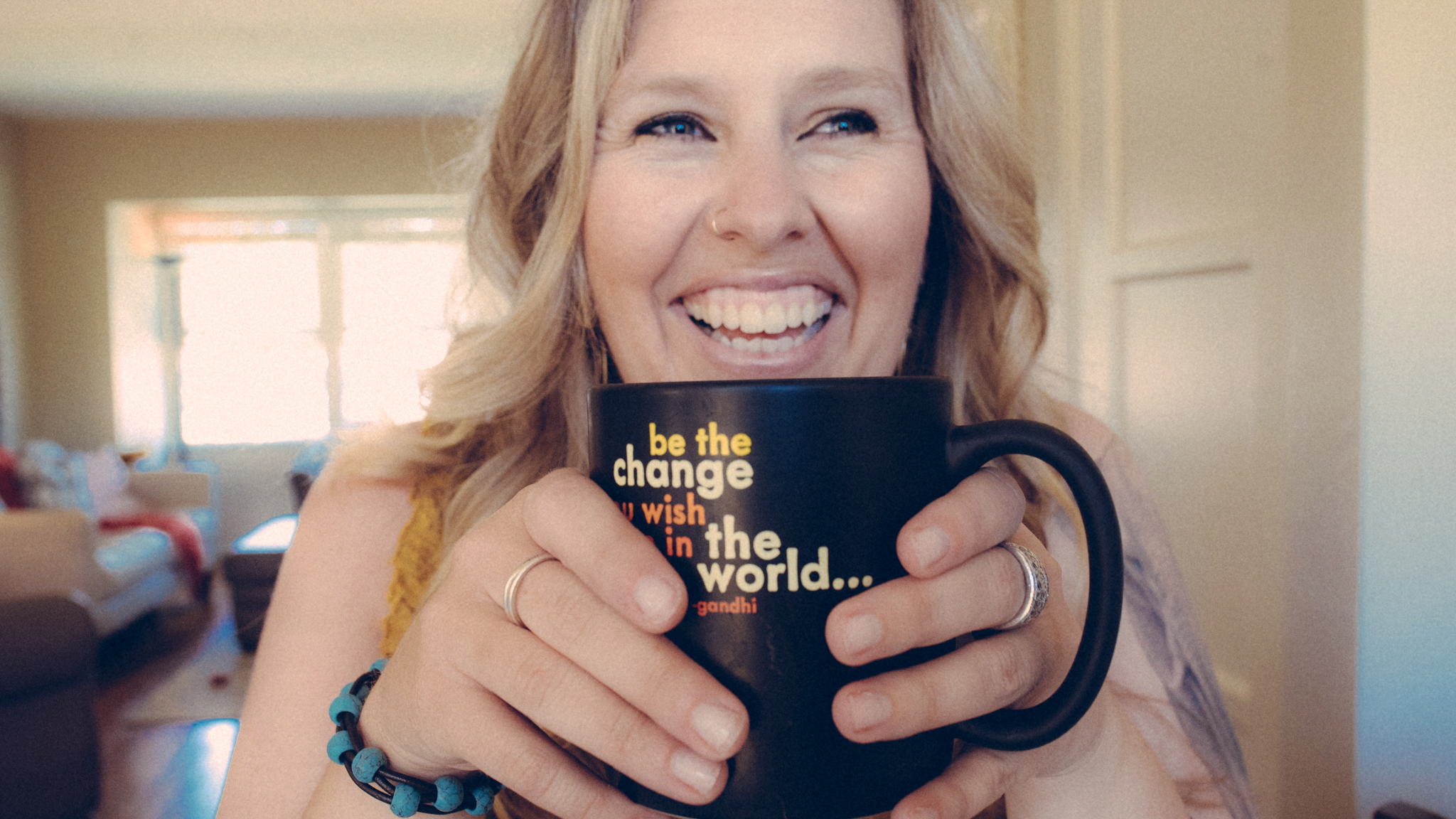
So as Jamie watches the mother drive away with her two children harbored in her warm car, she feels the weight of brokenness. She knows what it feels like to lose your footing overnight. To be unsure where your next meal would come. To not know how to pay your bills as they begin to pile in the mail.
That night, when she and the girls arrive in Big Bear, Jamie begins to realize that the girls are not necessarily shy, they are nonverbal. And during the ride, they had soiled their pants. Over the course of four days, Jamie tries to communicate through food and pointing. The girls, in a state of confusion and stress, oscillate from peaceful moments to violent tantrums.
In a particularly difficult evening in the bathroom when the girls refuse to be bathed, Jamie crouches down on the damp tiles to meet them at their level. “How can I show God’s love right now?” she prays to herself. Gently taking a damp cloth, she begins to wash their hot, tear-stained faces, recalling her own memories of feeling anxious, insecure and stripped of her stability.
It is in a phone call with their mother when she finds out that both of the girls are on the autism spectrum. While it is rare for families not to disclose this information, their parents were so scared no one would take their children if they were informed of their special needs. The sleepless nights and the difficulty communicating started to click into place for Jamie.
A blurry image finally shifted into focus.
While hosting is much harder than she anticipated in regards to laundry and the physical and mundane acts of cooking and feeding and playing, it is also richer in the quiet but moving acts of love and understanding. She begins to catch the heart of the Father in these moments. She recalls the many times that she cried out in anguish and confusion, to be met with His gentle and reassuring touch that He is safe.
That He is faithful and He sees her.
In those moments when she feels she is at the end of her abilities, frustrated and exhausted, still, she is able to give back in abundance what she has been given.
On the day Jamie returns the girls to their parents, their mother refuses to pick them up at the church where Jamie is serving that day. “Wait, is this an address to a church?” the mother asks. “No, I don’t want to pick them up there. Can we meet somewhere else?”
When they decide to meet at a parking lot away from the entrance of the church, their story unfolds to reveal the pain lying just underneath the decimation of their current situation. The mother, a freelance web designer, has not been able to find a job in eight months, and as she was actively trying to find a job to support their family, they got evicted. While Jamie watched the girls for a few days, their parents went around Orange County to find shelters that accepted children. Not only had they lost the roof over their home, but they also had been abandoned by their faith community and their biological families.
“I’m so sorry you were hurt by your faith community,” Jamie says, “I know this is a hard time, but I’m going to pray for you and believe that God will provide.”
They embrace and hold one another until their faces are wet with tears. “God loves you. God sees you,” she prays into her ears, her spirit is full of faith while her heart continues to break.
The mother looks back at Jamie with tears in her eyes. “I’ve never heard a Christian say that to me.”

Jamie waves goodbye to the family, ends her first hosting and returns to church. Her body weak from exhaustion, but her heart deepened — stretched with love for God’s people, with anger against injustice, with frustration about a broken system that perpetuates homelessness and poverty.
“It was hard giving these girls back knowing that they were going to go to a shelter. But, the love the mom had for her kids is so palpable. The circumstances were just terrible. They were trying all that they could to survive, just trying to maintain custody,” Jamie explains. “It’s not comfortable, and it’s not easy. Committing as a member and as a Safe Family is hard work.” Through the experience of her first hosting, Jamie learns that yes, God is her provider, but He isn’t about her contentment. “God isn’t about my comfort. But His love is tangible, and I’m learning that it’s truly a privilege to be His hands and His heart to love His people in this community.”
“I may be living paycheck to paycheck, but I can feed another mouth. That doesn’t need to be a worry for me.”
Since she became a member in 2017, Jamie has hosted five different times with different children finding solace in her home as a Safe Families Host. “There is so much joy to be learned from a child’s heart. To be brave, to embrace joy in the little things, to lean into vulnerability…” she says. “I didn’t anticipate the joy these children would bring.”
And through these experiences, our church is changed as well.
As a body, we get to catch the heart of God through our Safe Families hosts by having the opportunities to walk alongside Jamie as she opens her home. As Ekklesia leaders, MJI members, friends, and pastors, we get to partner with our hosts emotionally and financially to help foot the cost of gas, food, and activities.
It takes the body to love God’s world.
“Jesus said, ‘Love the Lord your God with all your passion and prayer and intelligence.’ This is the most important, the first on any list. But there is a second to set alongside it: ‘Love others as well as you love yourself.’”
— Matthew 22:37-40 (MSG)
“Love is not a feeling, it is a decision and an action,” Jamie says, “Safe Families is an opportunity to radically practice love and allows our fellow communities to experience not only our own love for others but God’s love for them.”
The Mary and Joseph Initiative (MJI) at Ekko Church exists to love on the orphans and vulnerable families in our communities. We strive to educate our church about orphan care issues so that we can equip ourselves to be able to support those in our tribe who adopt, foster or serve as a host family. We want to participate in the mission that God calls us to care for the orphan and to carry the spirit of adoption.
Contact an MJI Team member to learn more about how to serve or support those partnering as a host family for Safe Families.
Safe Families for Children is a unique family preservation program that collaborates with local churches and volunteers to support children and parents navigating difficult circumstances such as unemployment, homelessness, hospitalization and addiction. Safe Families is a positive alternative to the child state welfare system and allows parents to arrange for their children to stay with a host family while they work through the issues that led to instability without the fear of losing custody. The program’s goal is to reunite children with their parents in a home that is healthy and stable.
